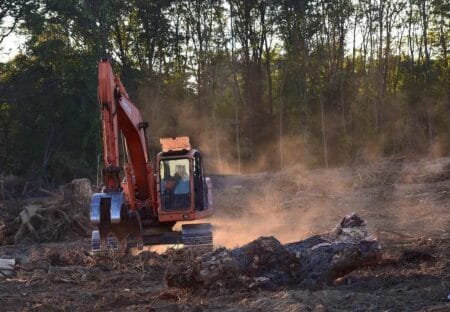As we have studied during our school days, electrical conductivity refers to the ability of any given material to pass electrical current with the help of an electric field.
We have also studied that some materials such as metals are “good” conductors, whereas other materials such as plastic as “bad” conductors of electricity, or known as insulators.
This basic principle is applied in various applications for industrial and environmental purposes. One of the common ways that electrical conductivity becomes helpful is in the case of water purification.
Innovative sensor technology for conductivity measurements allows water purification plants to ensure that the water has enough ionic content in them to be considered healthy, and not too much to harm us.
How Conductivity Measurements Help Water Purification?
Almost every laboratory that works with water purification utilizes conductivity measurement.
They usually have a conductivity meter as well as a cell that monitors the water purity levels.
As you might already know, conductivity and resistivity are inversely proportional. This methodology helps in assessing the ionic contents in water.
Conductivity measurement sensor technologies are an inexpensive way to monitor the purity of water and thus are commonly deployed to ensure efficient purification.
Using conductivity measurement sensors, experts can measure the ability of water samples to conduct/resist electric current, which ultimately helps in measuring the ionic content (salts) in water.
Measuring the presence of salts in water, also known as TDS (total dissolved solids) helps experts understand the water consumability levels.
Effectively measuring the salt contents in water samples allow scientists and other experts to combine one or more forms of filtration process for water.
As water is becoming a scarce commodity globally, deploying such measures to ensure that even seawater can be converted to usable water is really important, especially for the growth and welfare of third-world countries.
Inexpensive methodologies to ensure water purification means that common people in poorer countries can gain access to clean water for drinking and other daily use.
Ultimately, this helps in reducing water-borne diseases such as cholera, typhoid, diarrhoea, and Hepatitis A/E.
Understanding the scope and importance of sensor technologies for conductivity measurement in the field of water purification, companies are now specializing in providing sensors for various customer requirements.
Organizations and companies associated with water purification can partner with companies offering customized sensor technologies in order to accurately assess the purity of water.
Sensor-based conductivity measurement helps in understanding whether the treated water is useful for medical purposes, cleaning, or human consumption.
Moreover, it can also help to differentiate between hard water and soft water.
For the unaware, hard water contains high amounts of magnesium and calcium, whereas software water contains lower amounts of the same minerals.
The intensity of minerals in water influences how good the water tastes and also allows experts to assume whether the water is good for drinking or daily chores.
Even though sensor technologies to measure conductivity isn’t the final word in water assessment, it being a cheap method to do the task allows experts to perform a primary analysis using the technique and also helps in reducing the overall costs involved in water treatment and assessment.
Going forward, as conductivity measurement sensors become advanced and more affordable, we can be sure that the technology can become an effective and efficient method to treat and analyze water, thus partially helping to solve the increasing water scarcity issues that are faced on a global scale.







